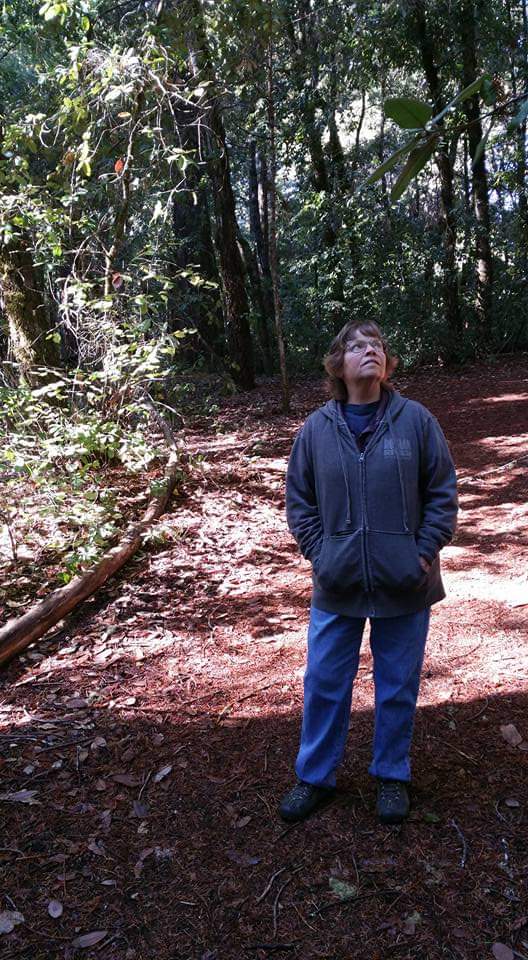Our Services
Remediating soils with beneficial soil microorganisms is an approach grounded in ecological and sustainable principles. Our methods focus on harnessing the power of naturally occurring soil microorganisms to restore soil health, improve plant growth, and enhance overall ecosystem functioning. At Soil Matters, our consulting approach relies on a set of principles founded in good management practices and science:

By embracing these philosophical principles, our approach of remediating soils with beneficial soil microorganisms can contribute to a more sustainable and regenerative agricultural and land management paradigm.

Holistic Approach
Embrace a holistic view of soil health and ecosystem dynamics. Recognize that soils are complex systems where physical, chemical, and biological factors interact synergistically. Any soil remediation effort should consider the entire ecosystem and the interconnectedness of its components.
Respect for Nature
Adopt a philosophy of respect for nature and the understanding that ecosystems have self-regulating mechanisms. Instead of imposing human-made solutions, work with natural processes and adapt strategies that support and enhance existing ecological functions.
Biodiversity Conservation
Value biodiversity and understand that healthy soils are teeming with a diverse range of microorganisms. Encouraging the proliferation of native beneficial microorganisms can lead to improved soil structure, nutrient cycling, and disease suppression.
Research and Innovation
Stay informed about the latest scientific discoveries and technological advancements in the field of soil microbiology. Support and promote research that deepens our understanding of beneficial soil microorganisms and their roles in soil health and ecosystem services.
Community Engagement
Foster a sense of community and collaboration among farmers, researchers, environmentalists, and policymakers. Encourage the sharing of knowledge and experiences to accelerate the adoption of soil remediation practices that rely on beneficial soil microorganisms.
Long-term Vision
Emphasize the long-term benefits of soil remediation with beneficial microorganisms. While some results may be immediate, the true impact of these practices often becomes evident over years or even decades as soil health and ecosystem resilience improve.
Regenerative Practices
Advocate for regenerative agriculture and land management practices. Avoid the excessive use of chemical inputs and synthetic fertilizers that can harm soil life and contribute to environmental degradation. Instead, focus on building soil organic matter through cover cropping, crop rotation, composting, and reduced tillage.
Education and Awareness
Promote education and awareness about the importance of soil health and the role of beneficial soil microorganisms in sustainable agriculture and land management. Encourage farmers, landowners, and policymakers to adopt soil-friendly practices and policies.
Adaptability
Acknowledge that soil conditions and ecological contexts vary across different regions and climates. There is no one-size-fits-all approach to soil remediation with microorganisms. Encourage adaptive management strategies that are tailored to specific soil and environmental conditions.
Ethical Responsibility
Recognize the ethical responsibility to safeguard the environment for future generations. Implementing practices that nurture soil health and promote beneficial microorganisms is a step toward leaving a positive legacy for the planet.
Our consultation philosophy is focused on helping you implement practices that foster good soil health. This includes identifying the common touch points that can impact soil biology such as:
- Evaluate the equipment that you use in your operation and determine if it can be used as is, modified to be beneficial to soil biology, replaced with equipment that meets your needs, or is obsolete and can be sold.
- Analyze the chemical, physical, and biological properties of your soil and water sources.
- Recommend application techniques that focus on efficiency and maximize on transforming the biological component of your soil.
The output of the work we do with you focuses on making sure that you have the right information to transform your operation. This includes deliverables such as:
- Creating Standard Operating Procedures (SOP) that help your organization implement good soil practices.
- Train you and your team on how the soil food web works and why the change in management practices is so important.
- How to analyze data that will give insights to the financial health of the operation, improving the value of the land, and increasing the overall resiliency of the operation.
